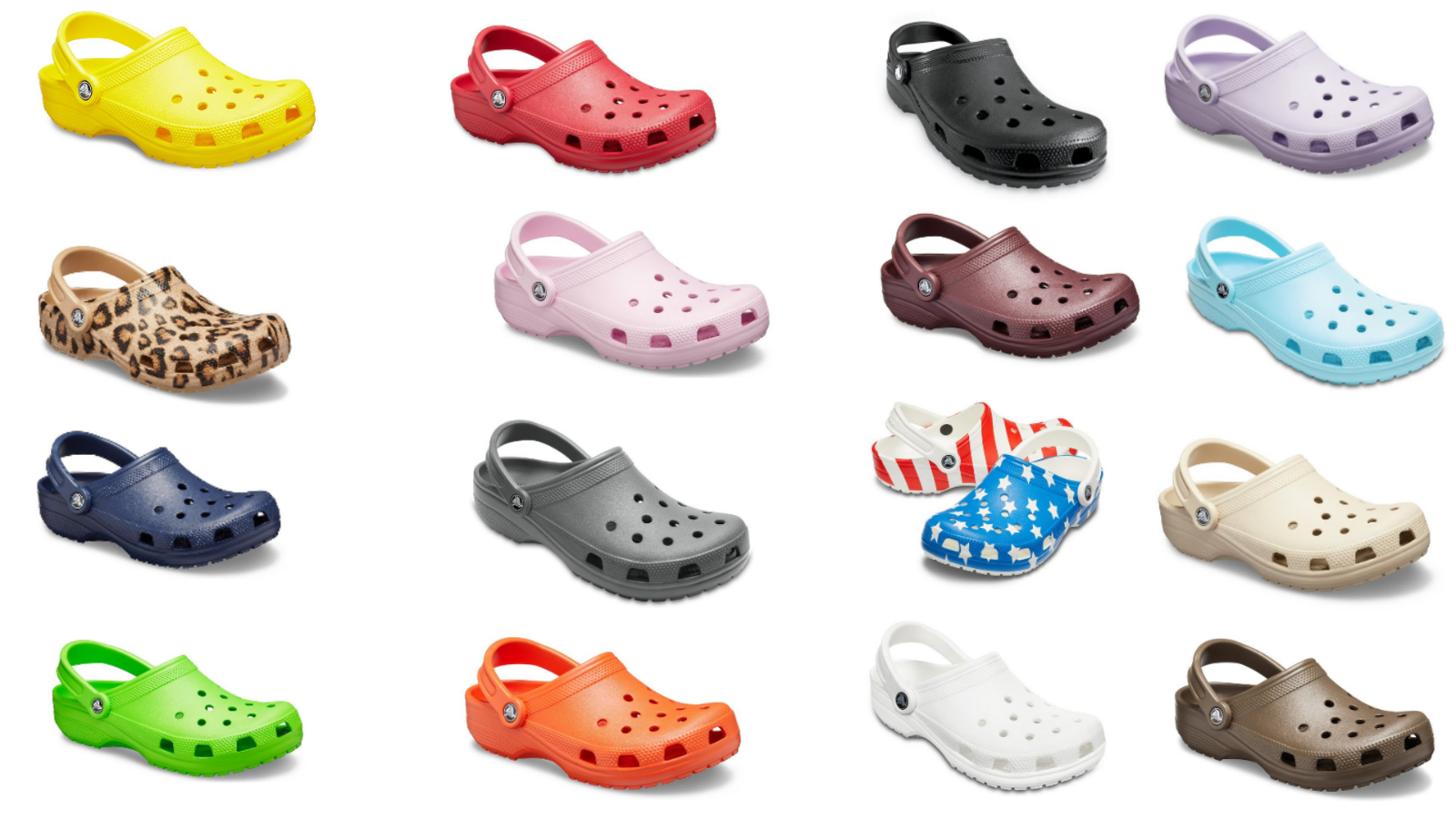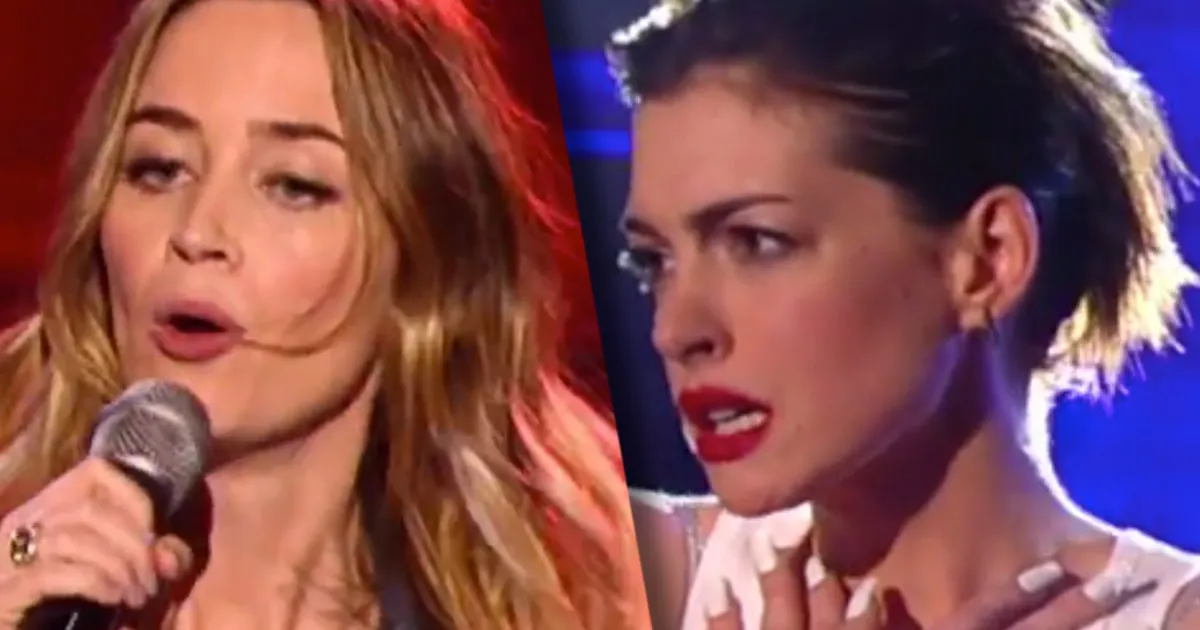Yesterday I wrote about my daughter’s first story.
Her story went like this:
Once upon a time there was a bear. She ate dinner. The End.
Then I tweeted about it using the following description:
@MatthewDicks: My two-year old daughter told her first original story, complete of suspense, romance and a hint of existentialism.
Then someone challenged my summary of the story, claiming it has no suspense, romance or existentialism at all.
I assured the critic that it contained all three elements and much more, and it was only the character limit of Twitter that prevented me from fully elaborating on the intricacies of the tale.
And so I offer my literary analysis and deconstruction of Clara Dicks’s first story.
Let us begin with her use of “Once upon a time”
The use of these four important words signals both acknowledgement and deference to her literary predecessors, who have helped to craft the language, syntax and grammar that allows her to communicate in the written form, as well as expressing her desire to step into the pantheon of these artists.
“Once upon a time” also establishes an undercurrent of nostalgia. It tells us that this story did not happen yesterday but rather in some yesteryear.
Clara chooses a bear as her protagonist, which in itself is an interesting choice. The bear is a unique creature in the annals of humankind. It is both feared for its deadly power and willingness to kill, and yet human beings possess a fondness over this creature that borders on a spiritual connection. No man ever wants to encounter a polar bear or grizzly bear in the wild, and yet if given the choice, no man wants to see any of these majestic beasts killed either. We have taken the image of the bear and embodied it with all that is wild and free and good.
There is a reason why the world’s most popular stuffed animal is the teddy bear. Despite their inherent danger, we fill our children’s lives with these stuffed representations of these majestic beasts.
Even after witnessing a grizzly bear kill a man and his girlfriend in the film Grizzly Man, the viewer cannot help but sympathize for the man-eating bear for enduring this film maker’s stupidity and grandiosity for so long.
We can’t help but ask:
Wouldn’t we have eaten him weeks earlier if given the chance?
The choice of the bear was a purposeful one on Clara’s behalf, and it says a great deal about her intent.
Speaking of eating, Clara’s bear is having dinner in the story, but note that she is dining alone. Herein lies the intertwining of both romance and suspense, or at least the suggestion thereof. The bear is dining alone. Why? Is she awaiting her romantic companion, or has she been stood up? Or worse, are the bear and her romantic companion no longer together, thus forcing our protagonist to eat without the benefit of company. Is her relationship over or simply on the rocks. The romance and suspense work together to leave the reader guessing the answer to this universal question:
Why would anyone dine alone?
And even more poignant:
Is there anything sadder than a woman eating alone?
Even if she is a bear.
As for the existential elements of the story, is there anything more existential than the use of the phrase The End? The End of what? The bear? The romance? The story altogether?
Or does it instead speak to the end of the reader’s personal relationship to the story? An end to this specific moment in time?
Or does The End hint at the existence of an ultimate end? A finality to all? Is the author reminding us that despite the appeal of the protagonist and the sorrow surrounding her solo dinner, all of this will be meaningless in The End. Our protagonist ceases to exist past those final two words, and once the reader ceases to exist, so will his or her memories, and thus the existence of the protagonist as well.
Is Clara Dicks expressing her belief that in The End, we are all merely wisps of memory, destined to be lost to time’s eternal, unwavering march?
I think so.
And that, my friends, is what an English degree can do for you, if utilized properly.






